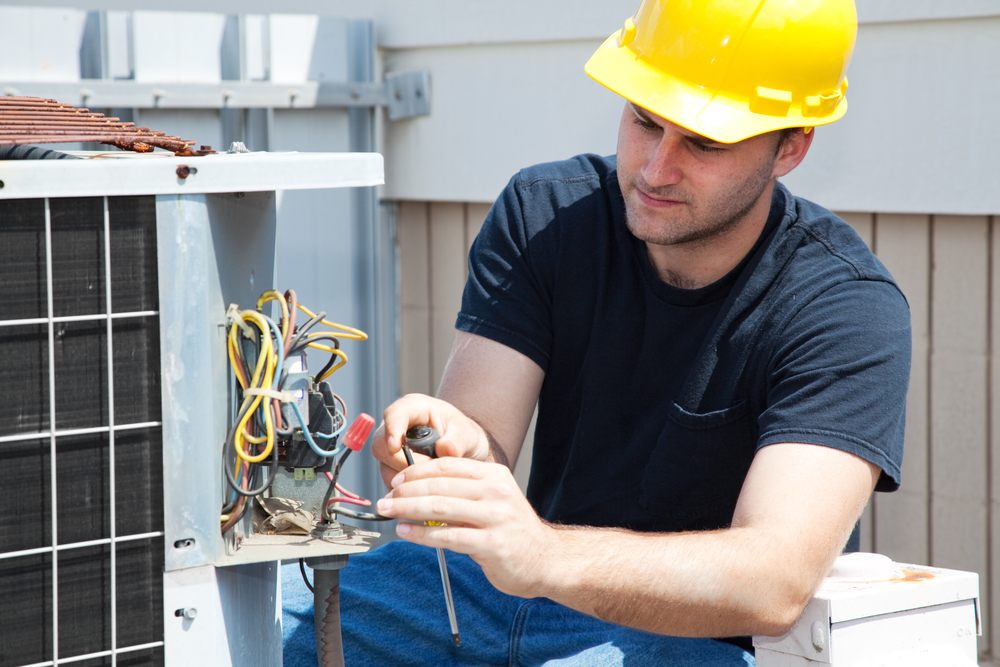The technology of heating, ventilation as well as air conditioning that is meant for vehicular and indoor environmental comfort is known as HVAC. The installation, maintenance, and repair of heating, refrigeration, and air conditioning systems are carried out by HVAC technicians. If you desire to become a certified HVAC technician in Canada you need to explore the latest market trends and research in detail about the valuable skills required by the employers in the current scenario. Let us dive into the details of this stepwise guide what it takes to become a commercial HVAC contractor in Canada.
How To Become A Certified HVAC Technician In Canada:
1. Getting a GED or a High-School Diploma :
Becoming an HVAC technician calls for an in-depth knowledge of the technical sciences and math. You can start with your HVAC while you are in high school by selecting courses that are beneficial for your field. Some of the relevant courses include Physics, Chemistry, Computer Science, etc. If you know how to use power tools beforehand then it will be comparatively easier for you when the real training begins. Mechanical drawing courses are nowadays provided by many schools that provide a direct practical knowledge of the technical field.
2. Opting For a Formal Technical Training Or An Apprentice Program :
The best way of learning a skill by heart is to assist experts in their work. Depending on your pace of learning, the apprenticeship can go on for 3-5 years. It provides an amazing opportunity to earn a few bucks while learning what it takes to become a skilled technician. From insulating refrigerator lines to soldering and cutting, a trainee is made to perform tasks that help him understand the practical applications and requirements of the job. Only when you work with real tools and in the appropriate environment, you develop the ability to efficiently carry out technical tasks with full expertise. The training enables you to learn the use of the tools in detail and how to use them safely for handling technical requirements. It develops your troubleshooting skills and the aptitude needed to handle different kinds of customers. The biggest perk of opting for a formal training program is that it provides you an edge over the crowd out there.
3. Obtaining Certification :
Technical academies, trade schools, and community colleges provide certifications or an associate’s degree to the aspirants. The programs provide theoretical as well as practical knowledge of the course along with access to various internship programs. They teach applicants about exercising safety measures in the work environment and how they can utilize the fundamentals of electricity, fuels, furnace, boilers, and hydraulics during work. In order to obtain a certification, you must pass a written and practical examination. The biggest advantage of obtaining a certification in HVAC training is that it makes far easier for you to seek up jobs in the field of your choice. A certification builds up a certain level of trust and the employer considers you qualified and skilled for the job.
4. Getting Licensed :
Most of the states and localities require HVAC technicians to qualify for a license in order to practice. In order to obtain a license, you need to clear a state exam. Depending on the state you live in, the requirements for a license can vary greatly. Some states demand 2-5 years of work experience in the same field before they license an aspirant. Getting licensed is the peak of your career as an HVAC technician.
Conclusion:
Just like any other field, being an HVAC technician requires a step-by-step process involving education and formal training. Therefore, if you aspire to become one, it is time to rise and work towards acquiring your dream job.
Read Also :






















